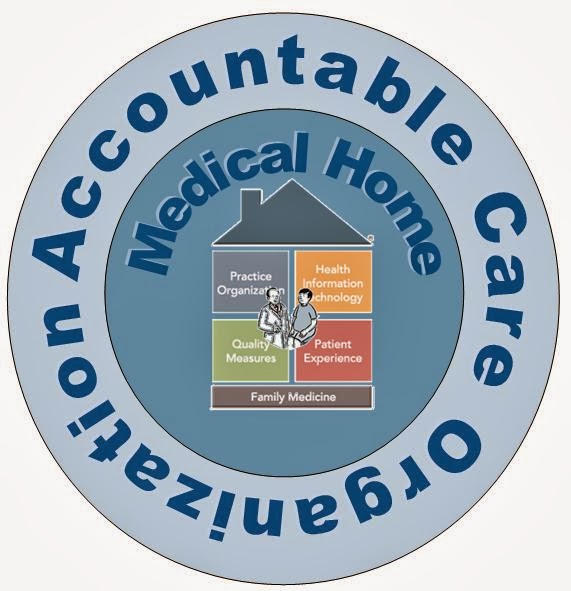How Useful is Outsourcing Medical Billing for a Small Practice?

Medical billing is a necessity if your practice wants to get reimbursed for services provided. If you’re a small practice with only a few physicians, and having trouble deciding how to go about your practice’s billing, here’s some tips to help you decide if outsourcing medical billing is the right option for you. Your options First, you need to know who you can outsource to. Some of the most common outsourcing options are professional medical billing companies, your Electronic Health Record (EHR) and practice management vendor, at-home specialists and practice management companies. Focus on the practice A small healthcare setting such as your practice cannot afford to keep a large medial office staff at its disposal. Your limited staff is probably overworked as it is. Even if they aren’t, it might still be extremely difficult for them to divert all their efforts towards billing, and moreover, they might not have the necessary know how and skill to optimally manage th...



